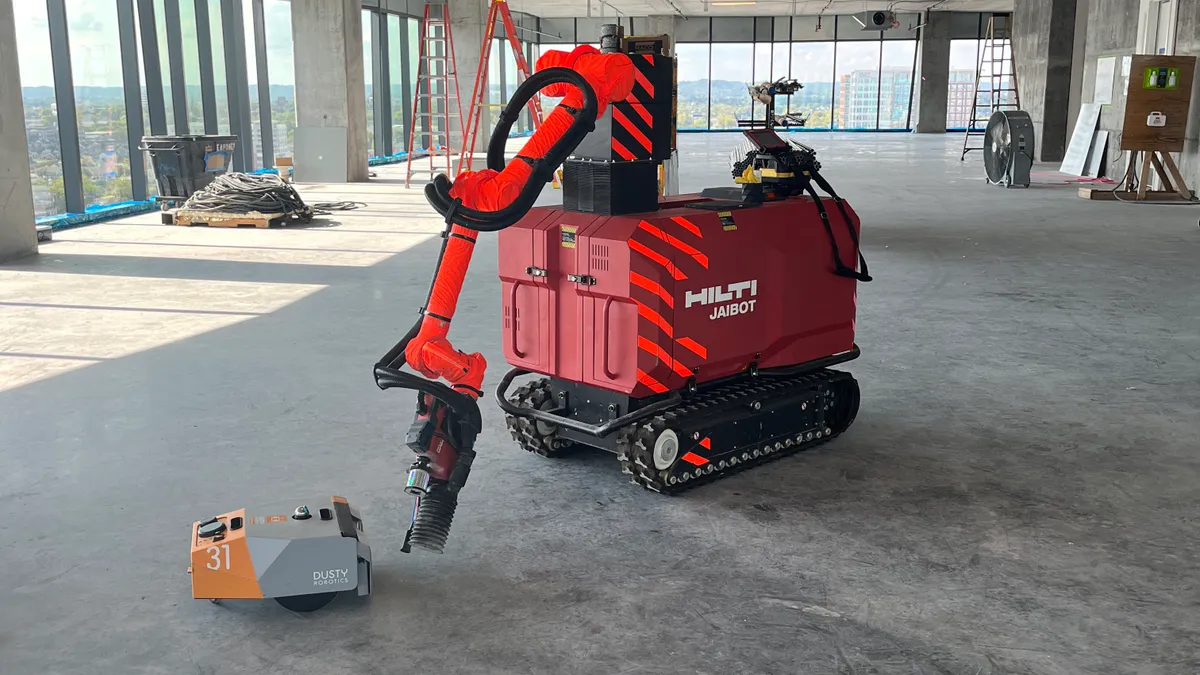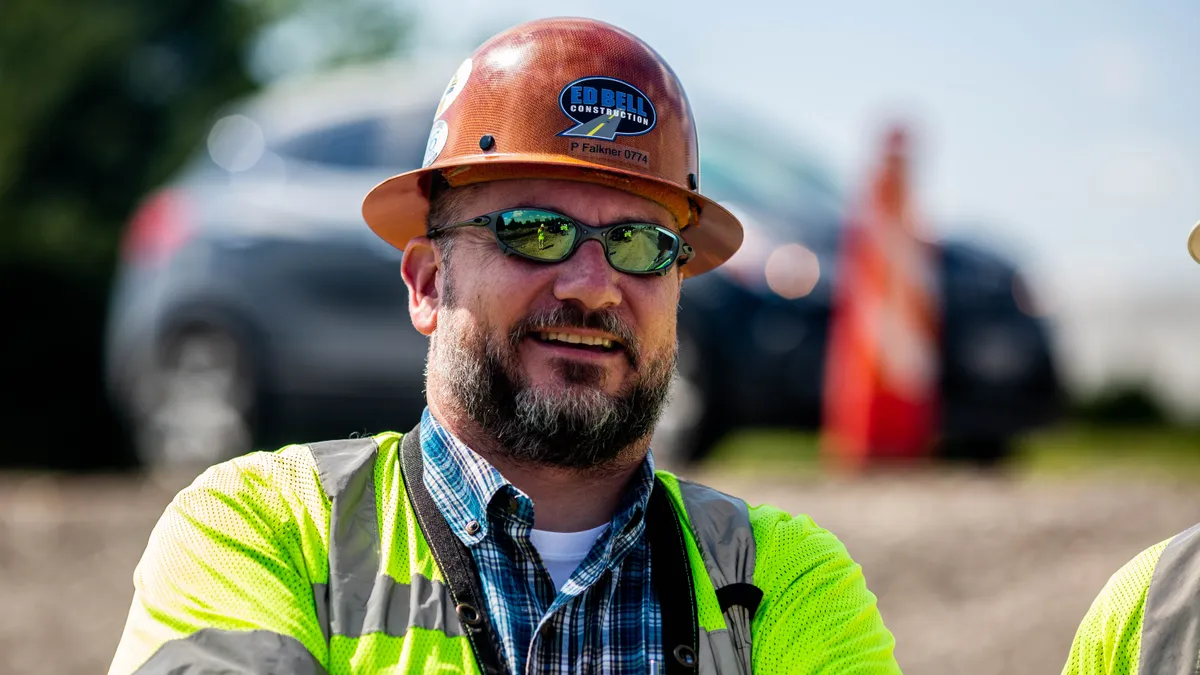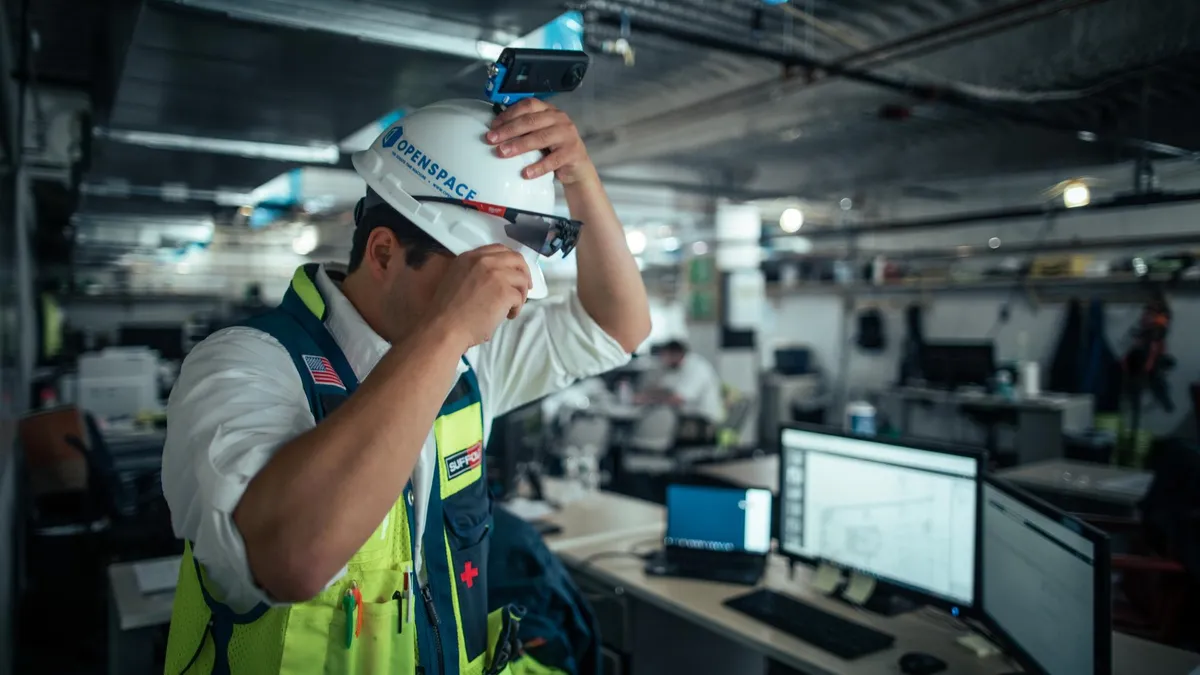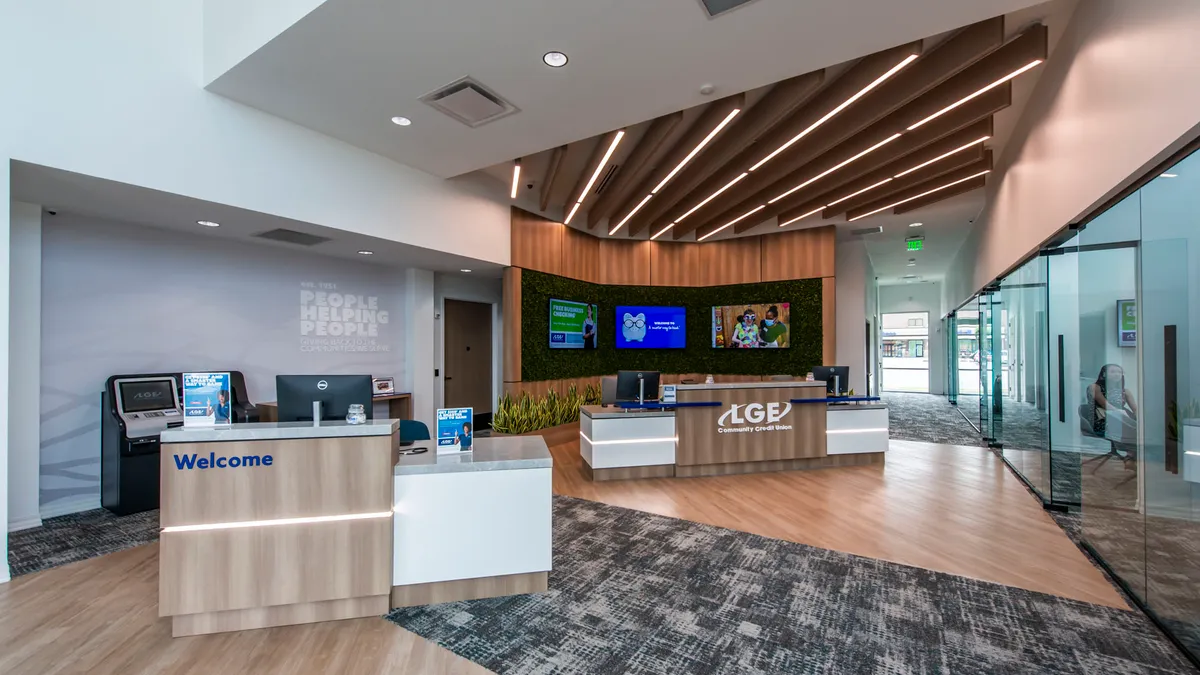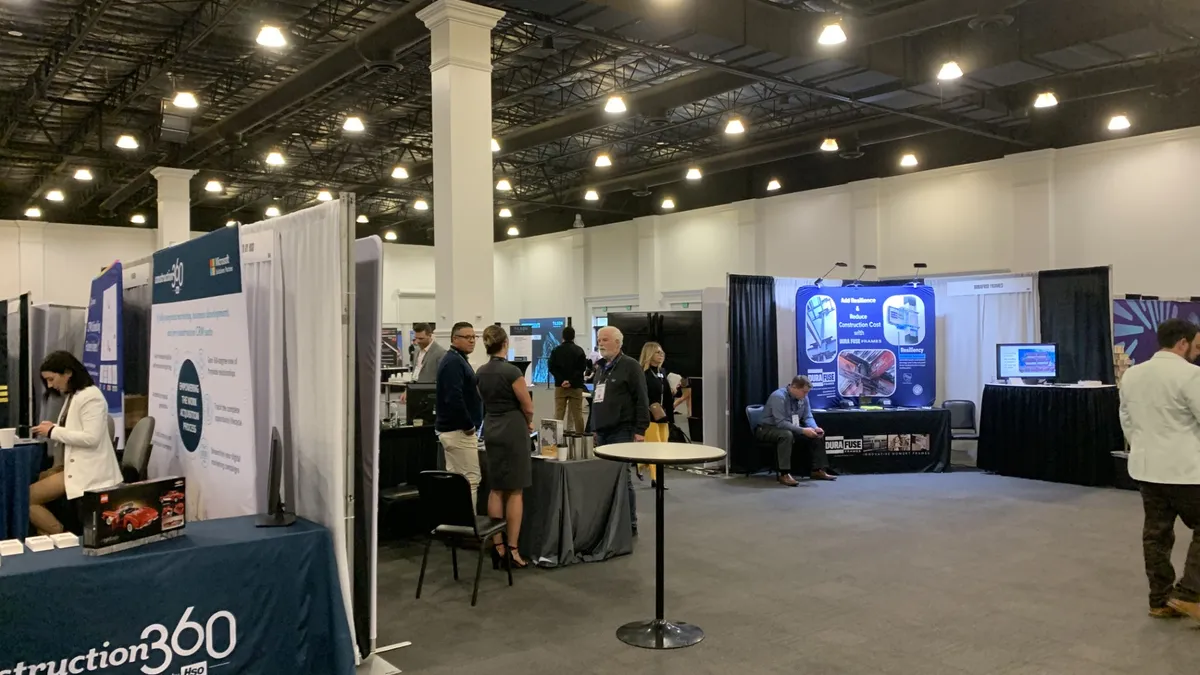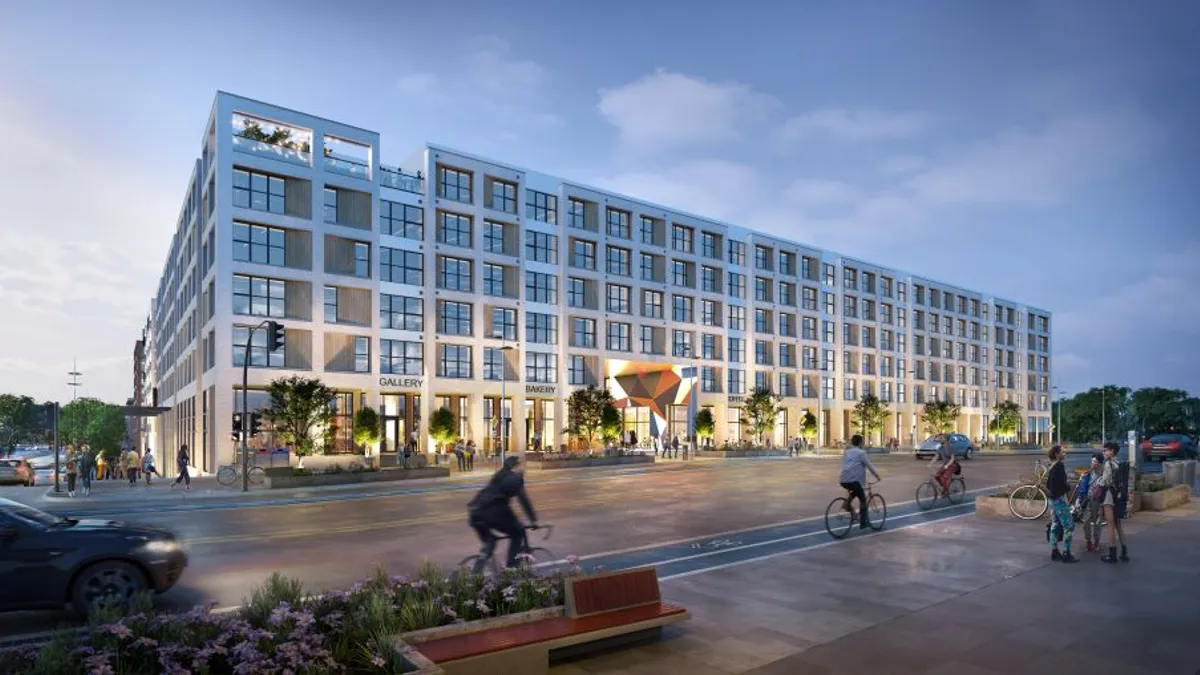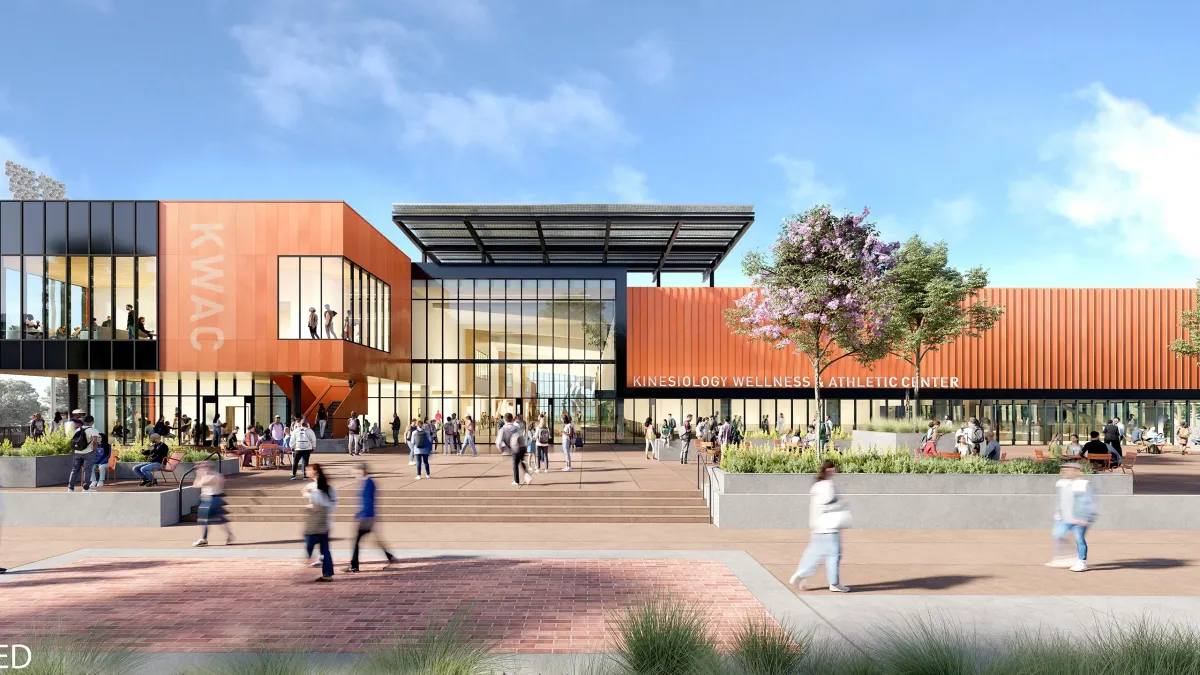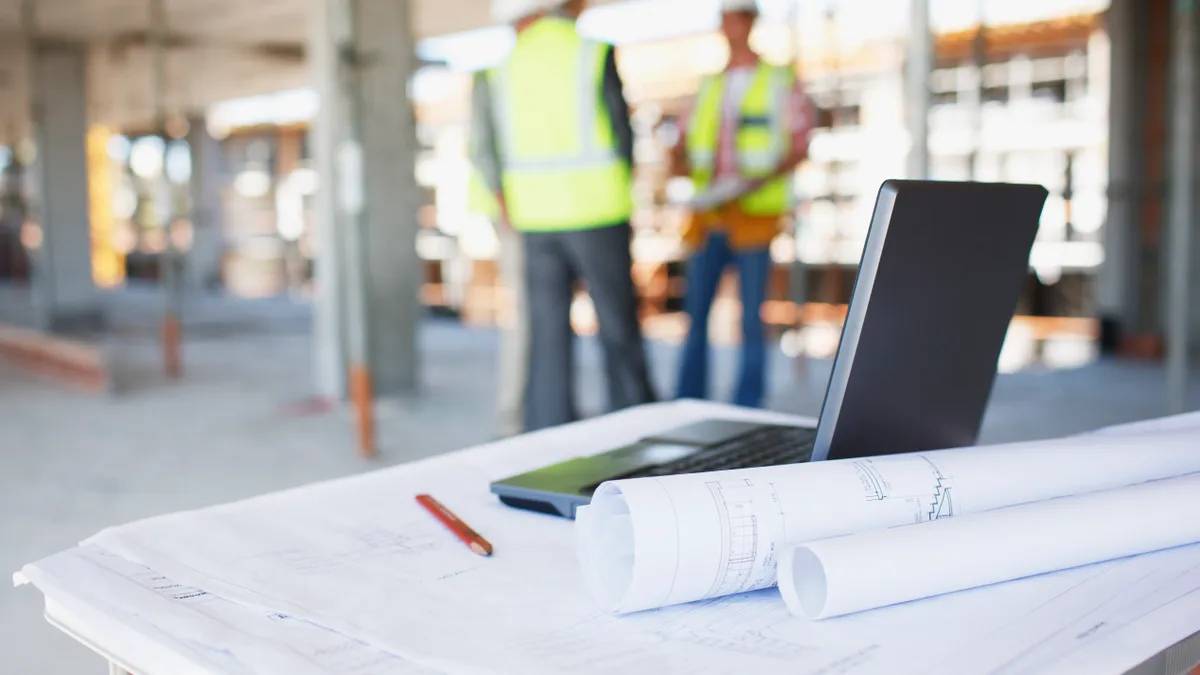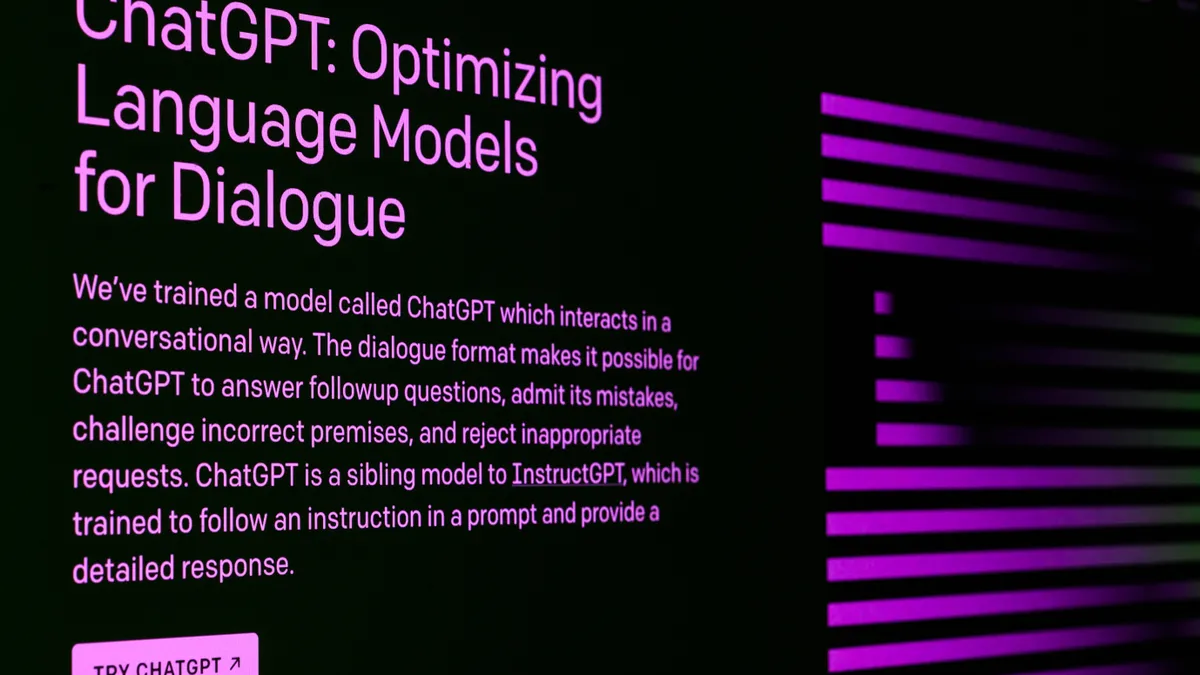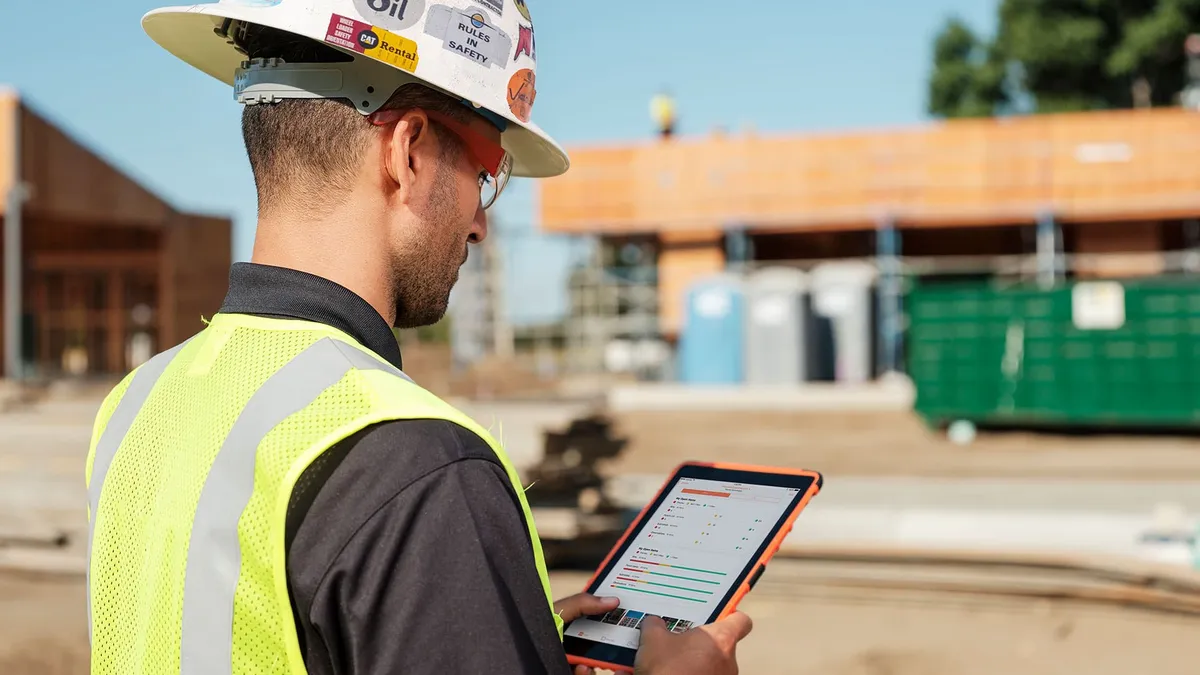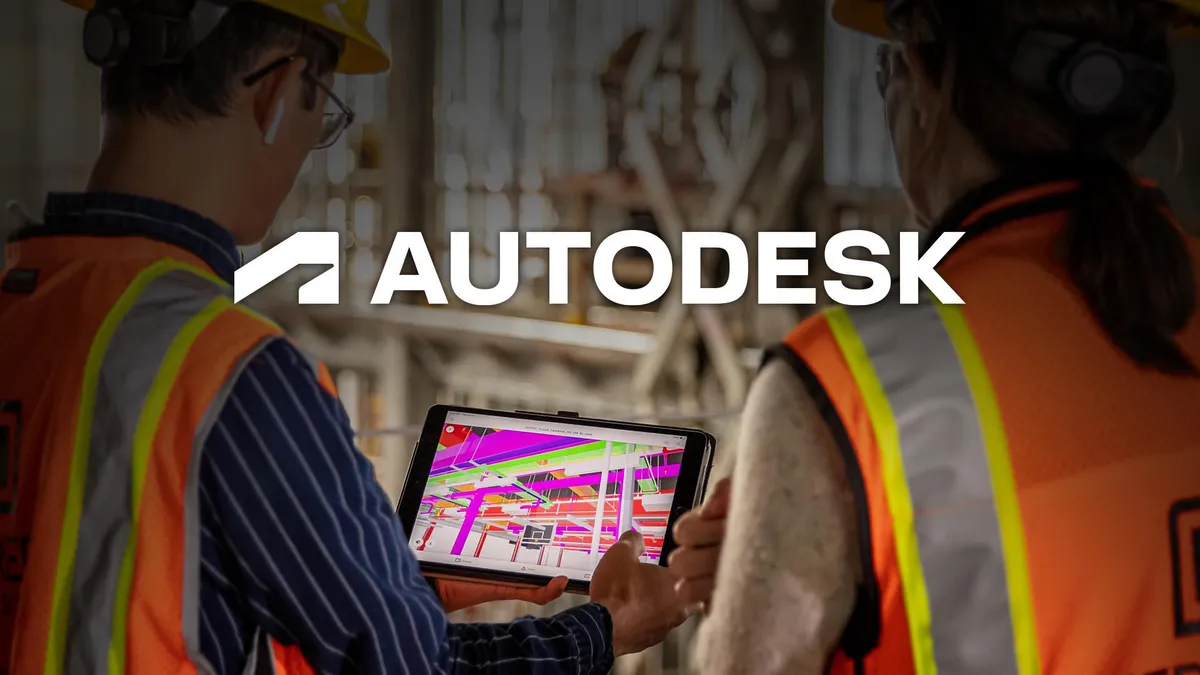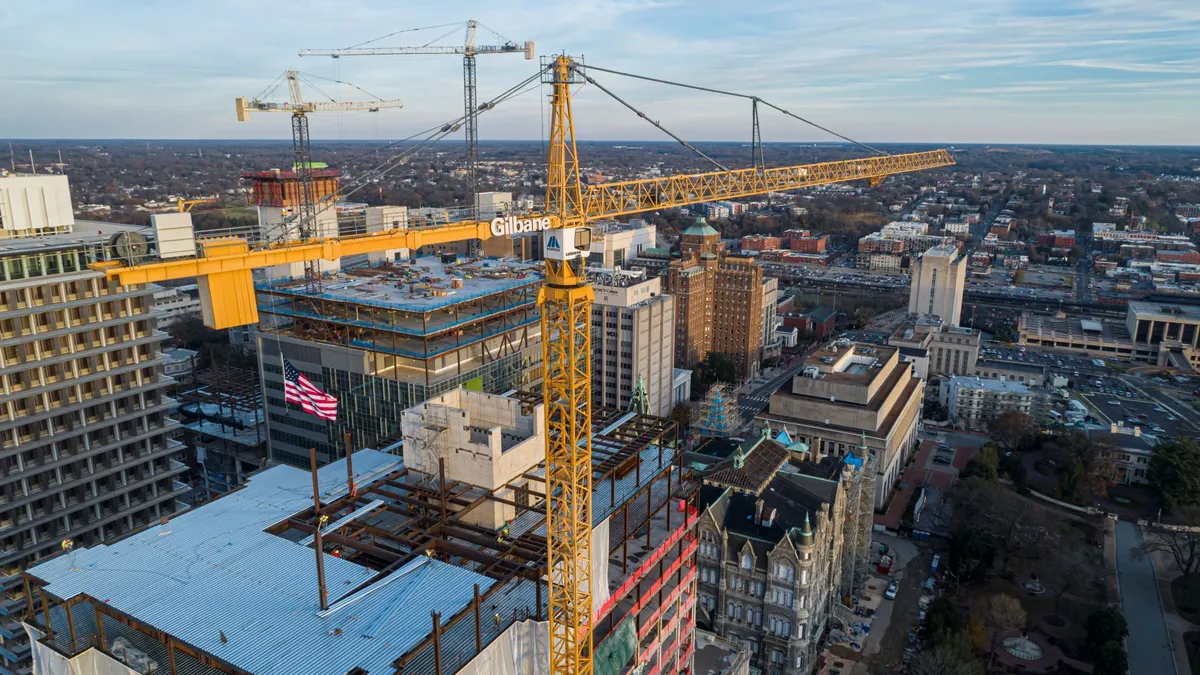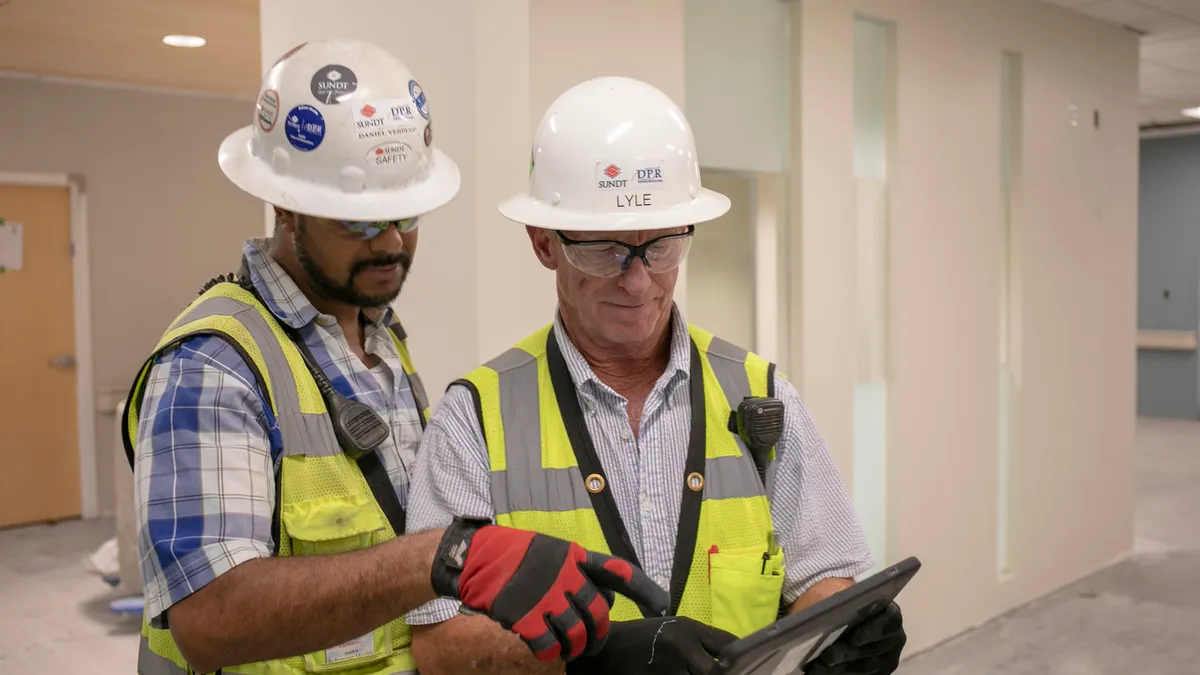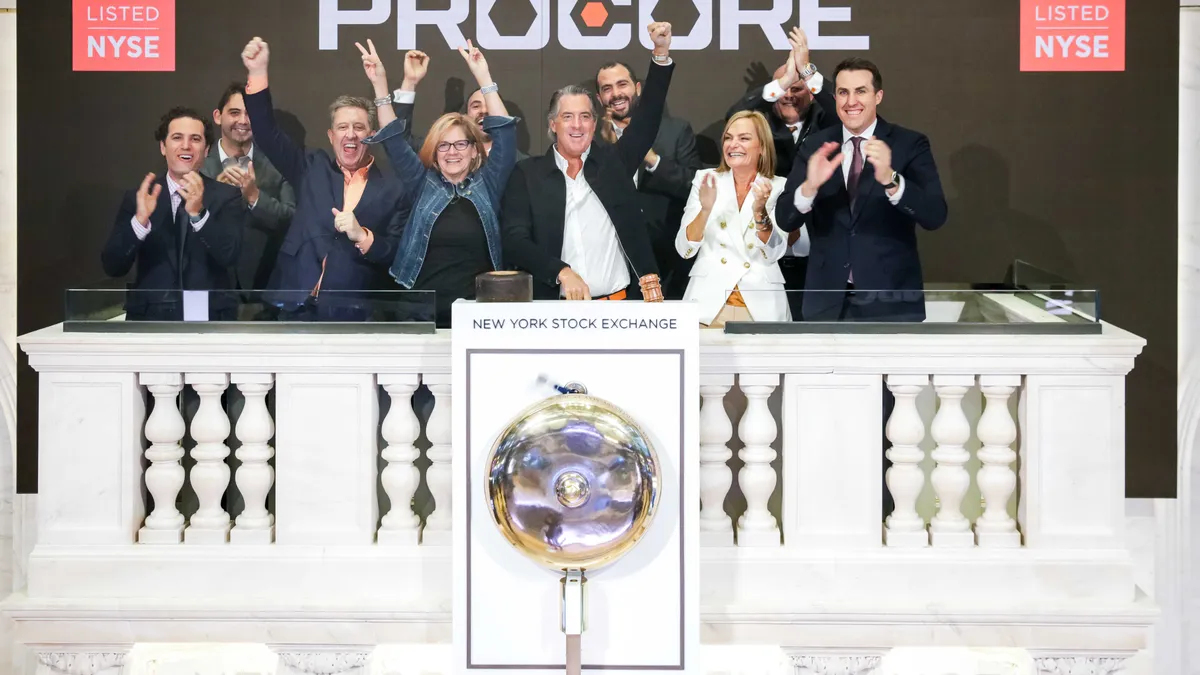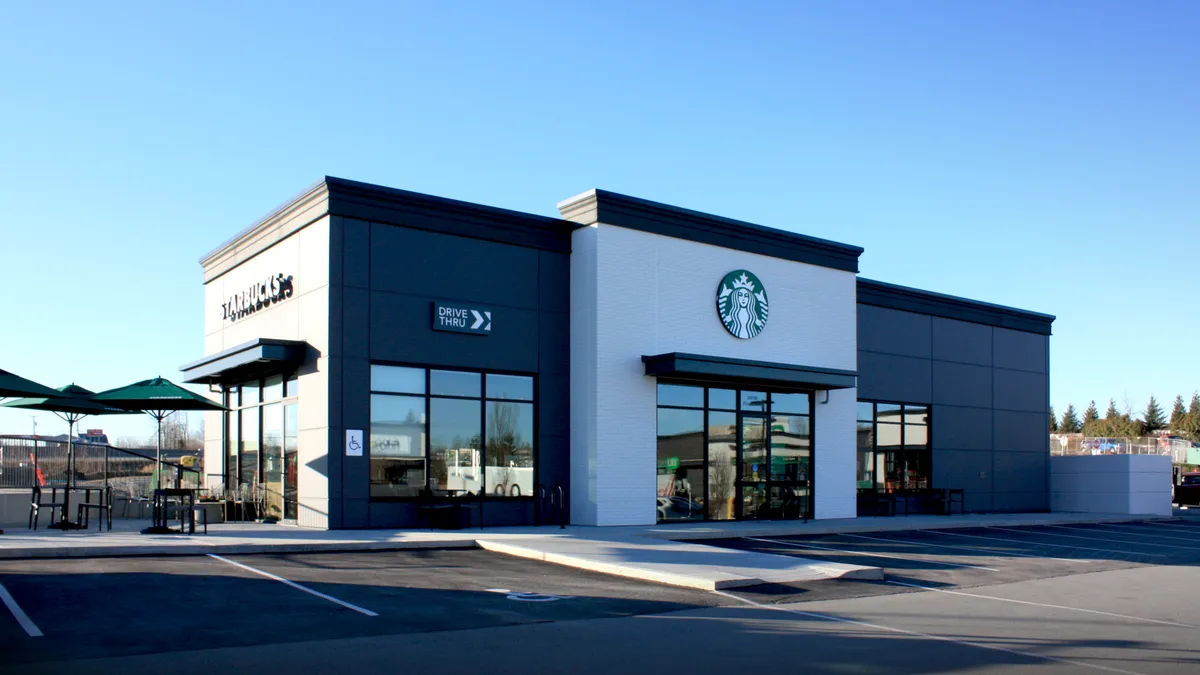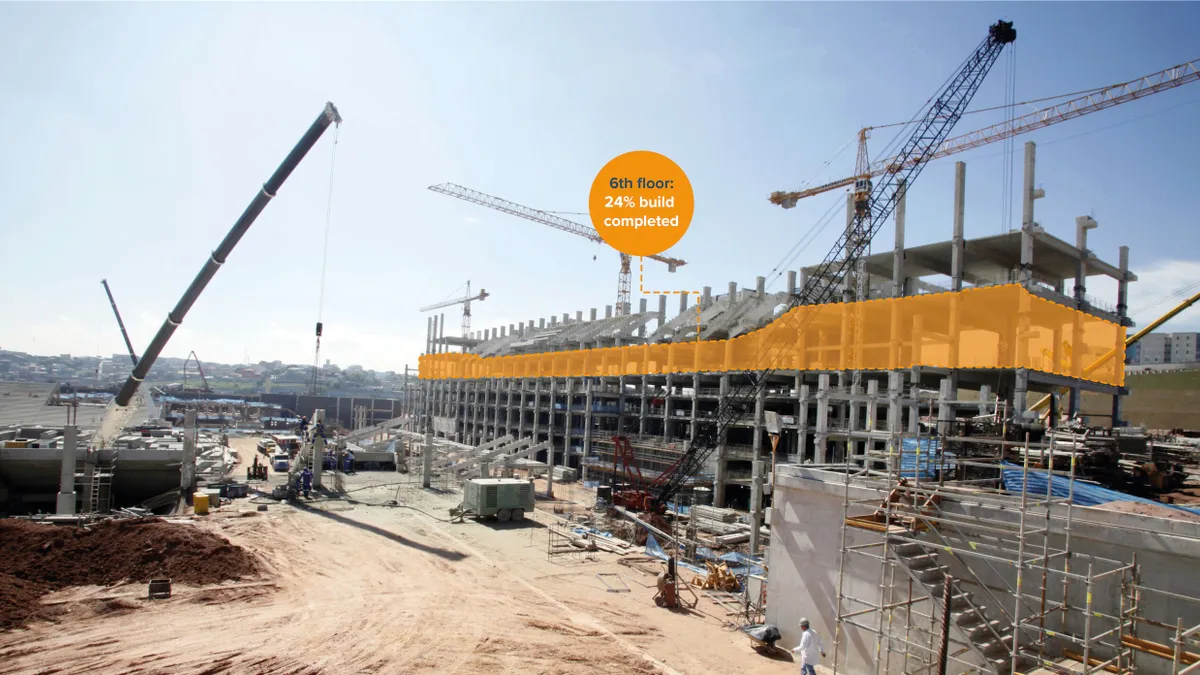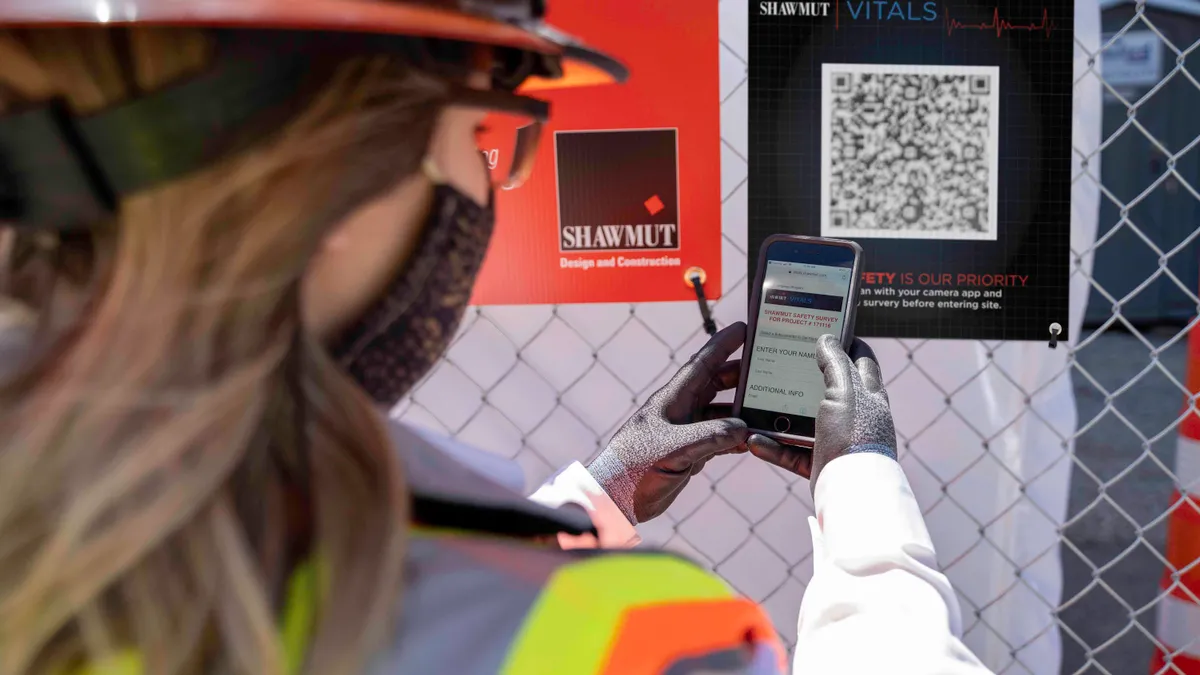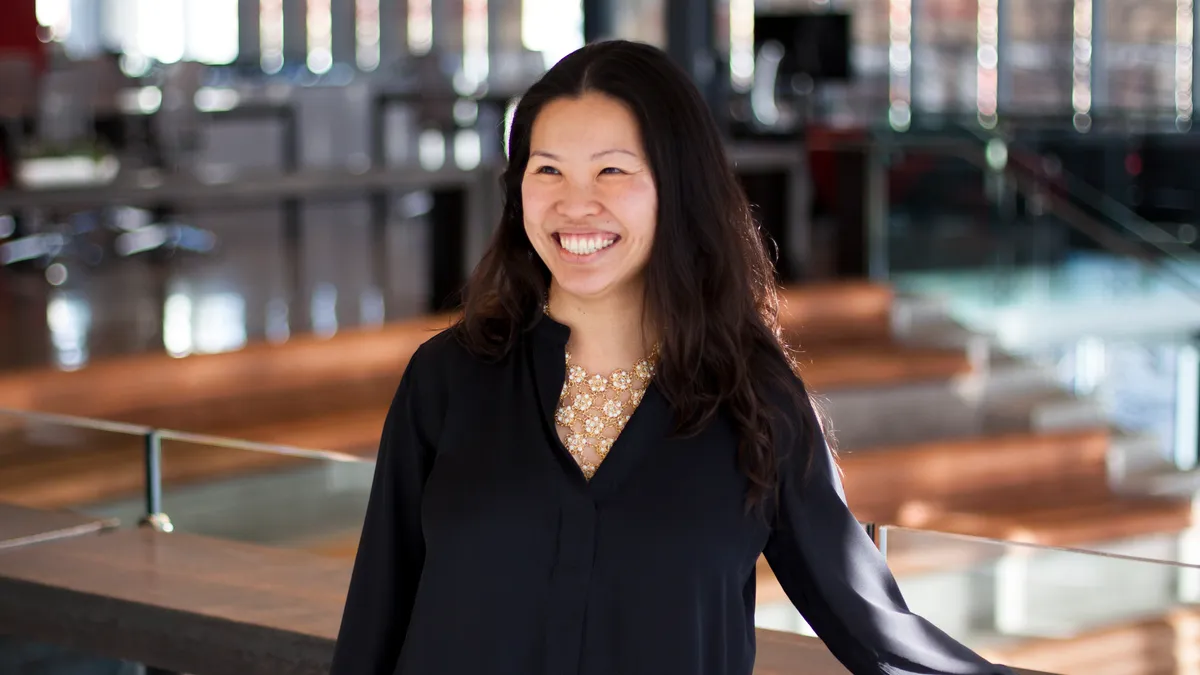ConTech Conversations presents a discussion with a leader in the construction technology field each month. Click here for past discussions.
Kelly Benedict wants to help people in construction help themselves.
The newly appointed head of innovation and transformation at Providence, Rhode Island-based Gilbane Building Co., Benedict has two decades of experience leading business development at Lendlease, Pepper Construction and other contractors.
Here, Construction Dive talks with Benedict about Gilbane’s innovation priorities such as carbon reduction, how to address evolving cybersecurity threats and the opportunities women have in construction.
Editor’s Note: This interview has been edited for brevity and clarity.
CONSTRUCTION DIVE: What do you do in your innovation role at Gilbane?
KELLY BENEDICT: Every day is different, and every hour is different, as you can imagine.
I'm chairing our Innovation Council, which is comprised of 17 people across the organization of various different disciplines and different levels.
We've landed on five areas of focus for our digital transformation: a shared roadmap and innovation for the business, process simplification and collaboration, data analytics, intelligent building technologies and cybersecurity.
What we're trying to do is be very intentional, and look through and engage with the business and identify the true pain points. Are there processes that we can streamline before we actually bring in and talk about the technology piece? That helps avoid just automating complexity.
I'm also running a lot of virtual forums with the teams where we're having facilitated conversations and we're asking open-ended questions and really understanding and learning from the business what the pain points are.
Cybersecurity is rising to the top of mainstream threats to contractors and critical infrastructure. How is Gilbane preparing its cyber defenses?
We're working with the board and the executive leadership team and going through and evaluating our cyber risks, because it's going to be baked into our whole digital transformation.
We've got a lot of objectives and we’re putting key measurements and result trackers in place to make sure that we're prepared for the future.
What will the biggest game-changer, long-term, in the industry?
One of the things I'm most excited about is the opportunity in the industry to reduce the carbon footprint.
You're having policy change, but you're also having the trades jump in and want to work on this effort together. I think there's a lot of white space for innovation and reduction of embodied carbon in particular for our industry.
We're experimenting with embodied carbon with a company called CarbonCure, which adds recycled carbon dioxide to concrete to reduce the carbon footprint. We’re running a pretty big experiment with a very large healthcare client out in Indiana.
What advice do you have for women looking to get involved in the construction industry?
I didn't really think this was a thing until Gilbane announced my position. I heard back from so many people, people I didn't even know, writing and saying it's so great that they put a woman in this position.
I think it's less about the woman thing. I think it's more about a mindset.
I remember when I was first put into the innovation roll over at my former company. The CEO came to me and he said he wanted me to do this role, this new thing called innovation. I asked why me? He said, “You don't walk into a room acting like you know all the answers, and I need somebody who understands the business — understands what people do, how we make money, how we lose money — and work with the teams to develop the best ideas.”
I think there's a lot of opportunity for women in the industry, especially now. It's about the mindset of coming in and really rolling up your sleeves, understanding what people are going through and trying to bring real solutions to the table.








